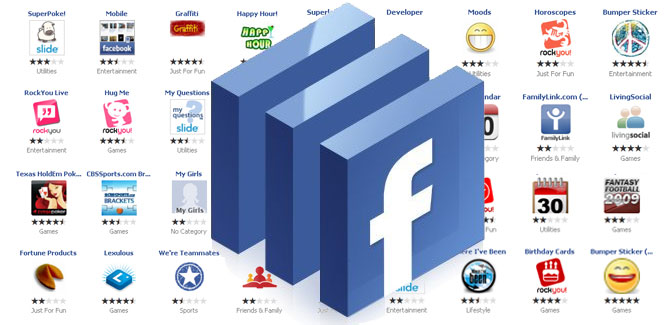
If you have Facebook for kids of your own, you've discovered that it's more than just a social network. It's a platform for thousands of applications that allow you to do pretty much anything.
With apps, you can send a card to a friend, take a quiz to find out which character from The Hunger Games you are, or answer trivia questions that donate proceeds to charity.
But as fun and enriching as they may be, Facebook apps can be a serious security concern – especially where your kids are concerned. Facebook apps can contain malware and many access a ton of your child's personal information – even without his knowledge.
If you are a parent with a child on Facebook, here are some things you need to know about apps:
-
Some are developed by Facebook, but the majority aren't
-
Certain third-party apps could contain malware
-
Some apps create an enormous amount of spam – both to a child's email and his Wall
-
Some apps are scams that don't do anything except gain access to your child's information
-
Some apps require permission to post status updates, photos, and videos as on your child's behalf
-
By default, Facebook allows your child's friend's apps full access to your child's information
The good news is that your child can have complete control over what information about himself he's sharing with apps – but he has to know how. Facebook for kids is often difficult because privacy settings are complex and aren't all located in the same place.
The first thing to do is manually change Facebook's default setting that allows an application used by your child's friends to access his information. Do this by selecting “choose your privacy settings,” “apps, games, and websites, and edit settings under “how people bring you info to apps they use.”
Once you've done this, no application can access your child's account without his explicit permission. Before installing any app, the app will outline what information it will collect about your child and how it will be used. Your child can accept or decline. This requires some advanced decision-making skills, so younger teens should simply be taught never to install apps. Older teens might be ready for the responsibility.
After installing any app, your child can always adjust his or her privacy settings for that app or remove the app entirely. By clicking “activity log” and selecting the application he wants to edit, he can change the permissions previously given at installation.
Navigating Facebook privacy controls, including application permissions, is often difficult for teenagers. They are young and impatient, oblivious to the dangers of giving out their information to anonymous third-party apps and too busy to fully ready the permissions before clicking “accept.” Evaluate your child's ability to manage application permissions on his own, and parent accordingly.


